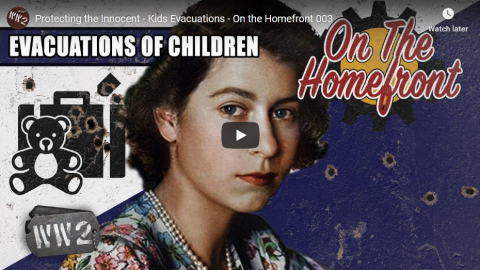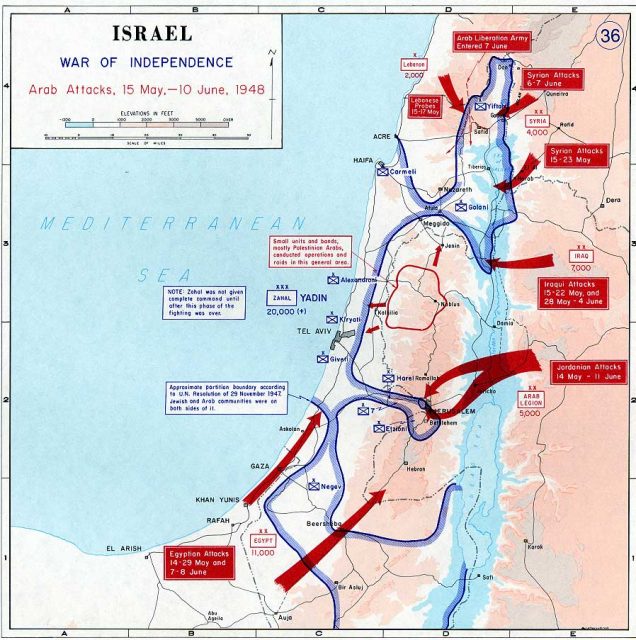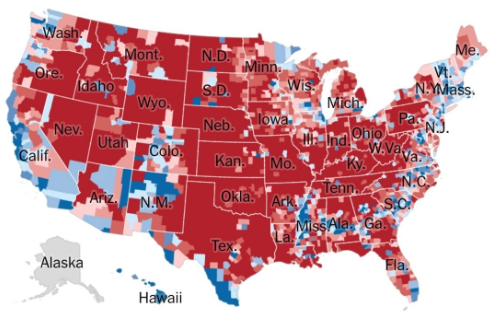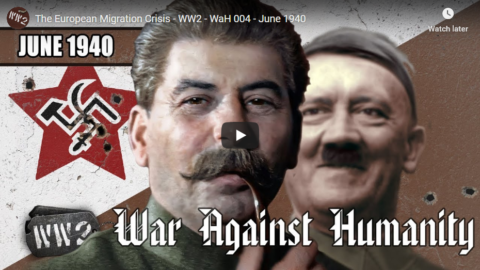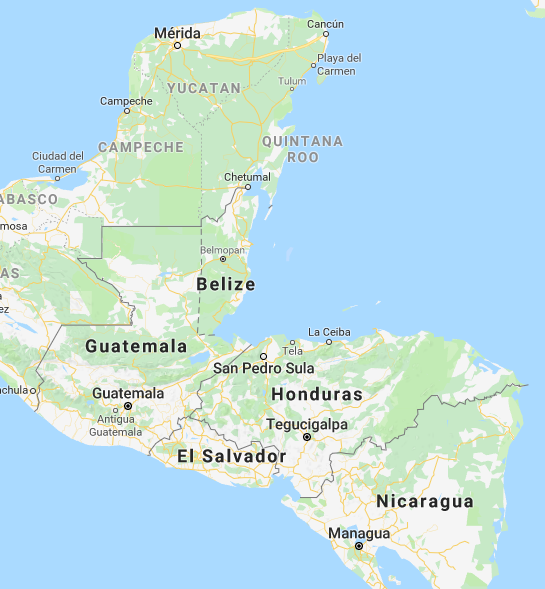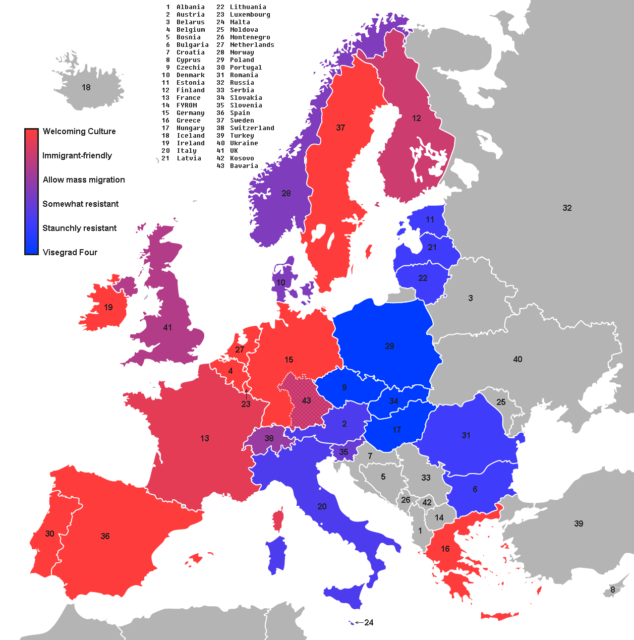World War Two
Published 14 May 2020The European powers may be at war but there’s now thing they can agree on: their young must be protected. So, before the first RAF or Luftwaffe bombs were even dropped on cities, countries are drawing up plans to save as many lives of their youth as they possibly can.
Join us on Patreon: https://www.patreon.com/TimeGhostHistory
Or join The TimeGhost Army directly at: https://timeghost.tvFollow WW2 day by day on Instagram @World_war_two_realtime https://www.instagram.com/world_war_t…
Between 2 Wars: https://www.youtube.com/playlist?list…
Source list: http://bit.ly/WW2sourcesHosted by: Anna Deinhard
Written by: Isabel Wilson and Spartacus Olsson
Director: Astrid Deinhard
Producers: Astrid Deinhard and Spartacus Olsson
Executive Producers: Astrid Deinhard, Indy Neidell, Spartacus Olsson, Bodo Rittenauer
Creative Producer: Joram Appel
Post-Production Director: Wieke Kapteijns
Research by: Isabel Wilson
Edited by: Mikołaj Cackowski
Sound design: Marek Kamiński
Map animations: Eastory (https://www.youtube.com/c/eastory)Sources:
USHMM
Bundesarchiv
IWM LN 6194, HU 36871, D 2238, D 10457, D 2592, D 5081, D 24903, IWM D 15530, D 2045, HU 3323, Art.IWM PST 3095, Art.IWM PST 13854, Art.IWM PST 15100, D 9211, D 824, D 257, D 5665, D 2224, D 1939A, F 4422
Portrait of John Anderson, courtesy Yousuf Karsh, Dutch National Archives
from the Noun Project: students by Piotrek Chuchla, mother by Mr. Minuvi, Pregnant by Wojciech Zasina, bag by Nabilauzwa, Gas Mask by Nico Ilk from the Noun Project, Underwear by The Icon Z, baby clothes by Llisole, espadrilles shoes by Edwin PM, socks by Анна Пасечная, Toothbrush by amantaka, Comb by Randall Barriga, towel by Pixelz Studio, handkerchief by Vectors Market, soap by Jae Deasigner, coat by Ilham Juliandi, Food by Atif ArshadSoundtracks from the Epidemic Sound:
Reynard Seidel – “Deflection”
Johannes Bornlof – “The Inspector 4”
Johannes Bornlof – “Deviation In Time”
Farell Wooten – “Blunt Object”
Jo Wandrini – “Puzzle Of Complexity”
Gavin Luke – “Drifting Emotions 3”
Howard Harper-Barnes – “Prescient”
Fabien Tell – “Last Point of Safe Return”
Andreas Jamsheree – “Guilty Shadows 4”Archive by Screenocean/Reuters https://www.screenocean.com.
A TimeGhost chronological documentary produced by OnLion Entertainment GmbH.
From the comments:
World War Two
5 hours ago (edited)
Welcome back to another episode of On the Homefront! Researching this episode about evacuations was a fun one to dive to because in the UK, we learn about about children evacuees during the war but of course what we’re not taught is the mass scale of this operation. For each of the millions of children displaced during the war, they each came away with it with their own story and I hope I’ve captured that here. Looking forward to reading your comments! Be sure to follow us over on instagram at https://www.instagram.com/world_war_two_realtime/ and let us know what other aspects of life on the homefront you’d like to hear about!Cheers,
Izzy

